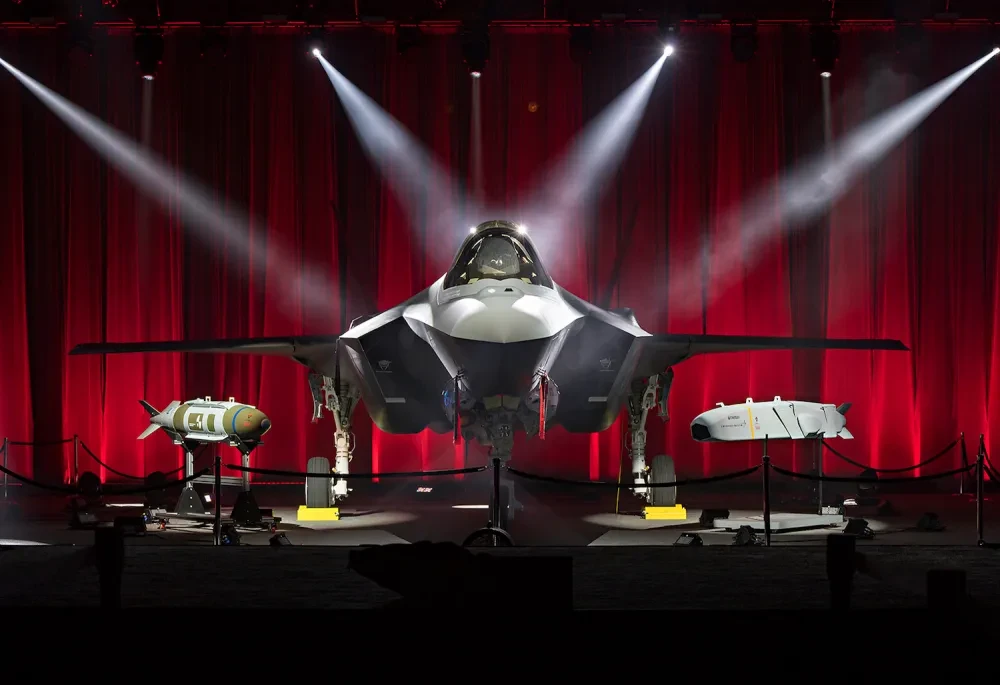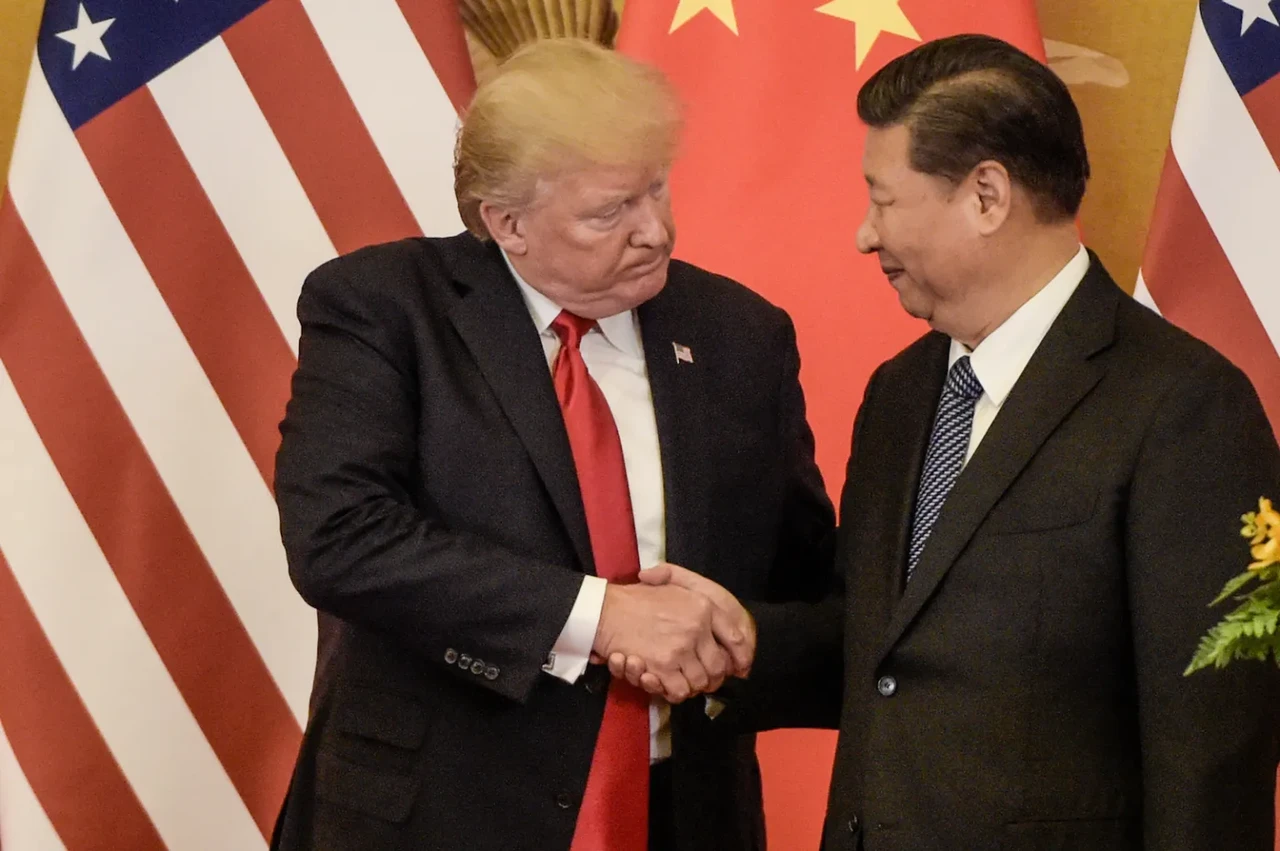Iranian public hopes for successful US nuclear talks amid economic strain
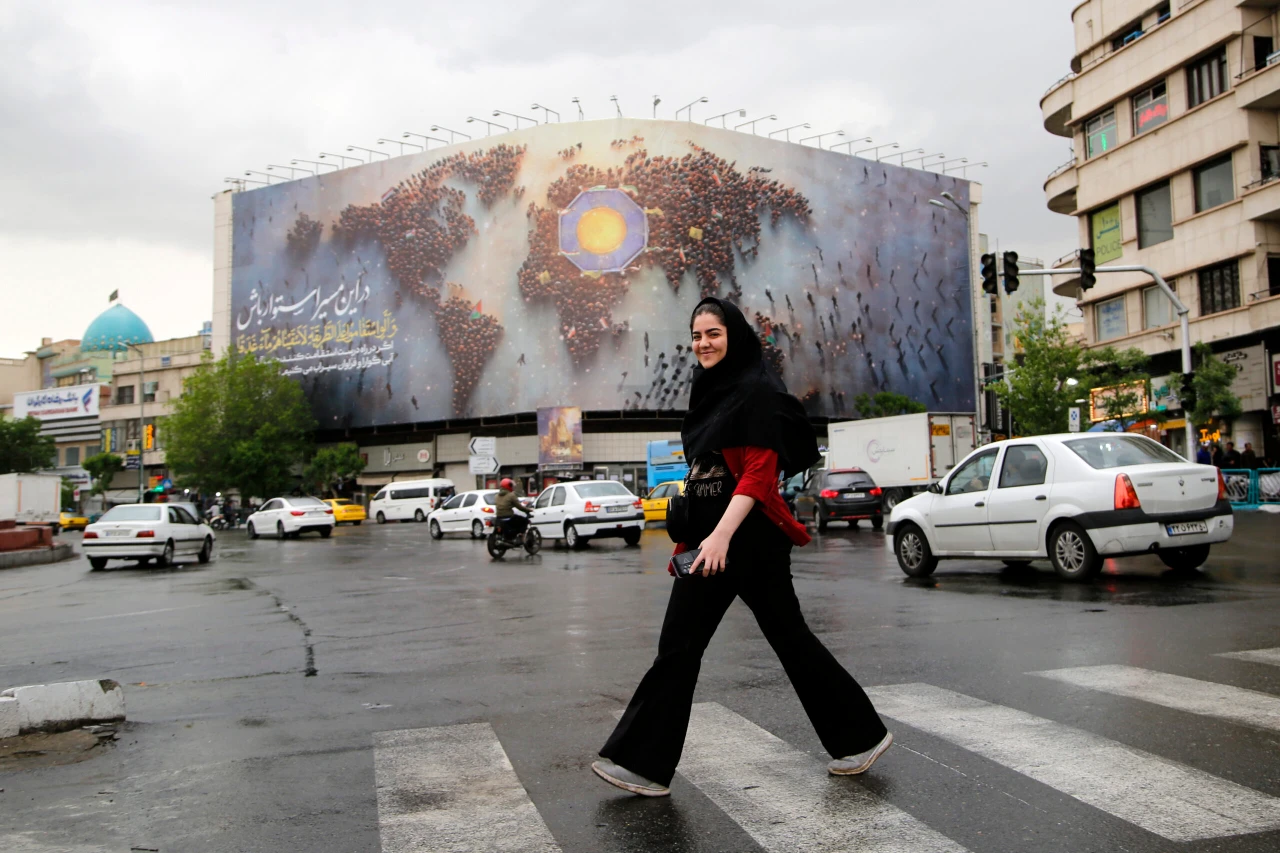 A woman walks across a rainy intersection in central Tehran, passing in front of a massive mural symbolizing global unity, on April 12, 2025. (AA Photo)
A woman walks across a rainy intersection in central Tehran, passing in front of a massive mural symbolizing global unity, on April 12, 2025. (AA Photo)
As Iran resumes nuclear talks with the United States in exchange for relief from sanctions, Iranian citizens, enduring severe economic pressure, are hopeful that Iranian officials will show the flexibility needed to ensure the success of these negotiations.
U.S. President Donald Trump withdrew the U.S. from the 2015 nuclear deal, known as the Joint Comprehensive Plan of Action (JCPOA), in his first term, initiating a campaign of maximum pressure that resulted in harsh sanctions on Iran.
Despite these sanctions, Iran’s nuclear program advanced, and the country continued to face internal challenges stemming from economic struggles and public unrest.
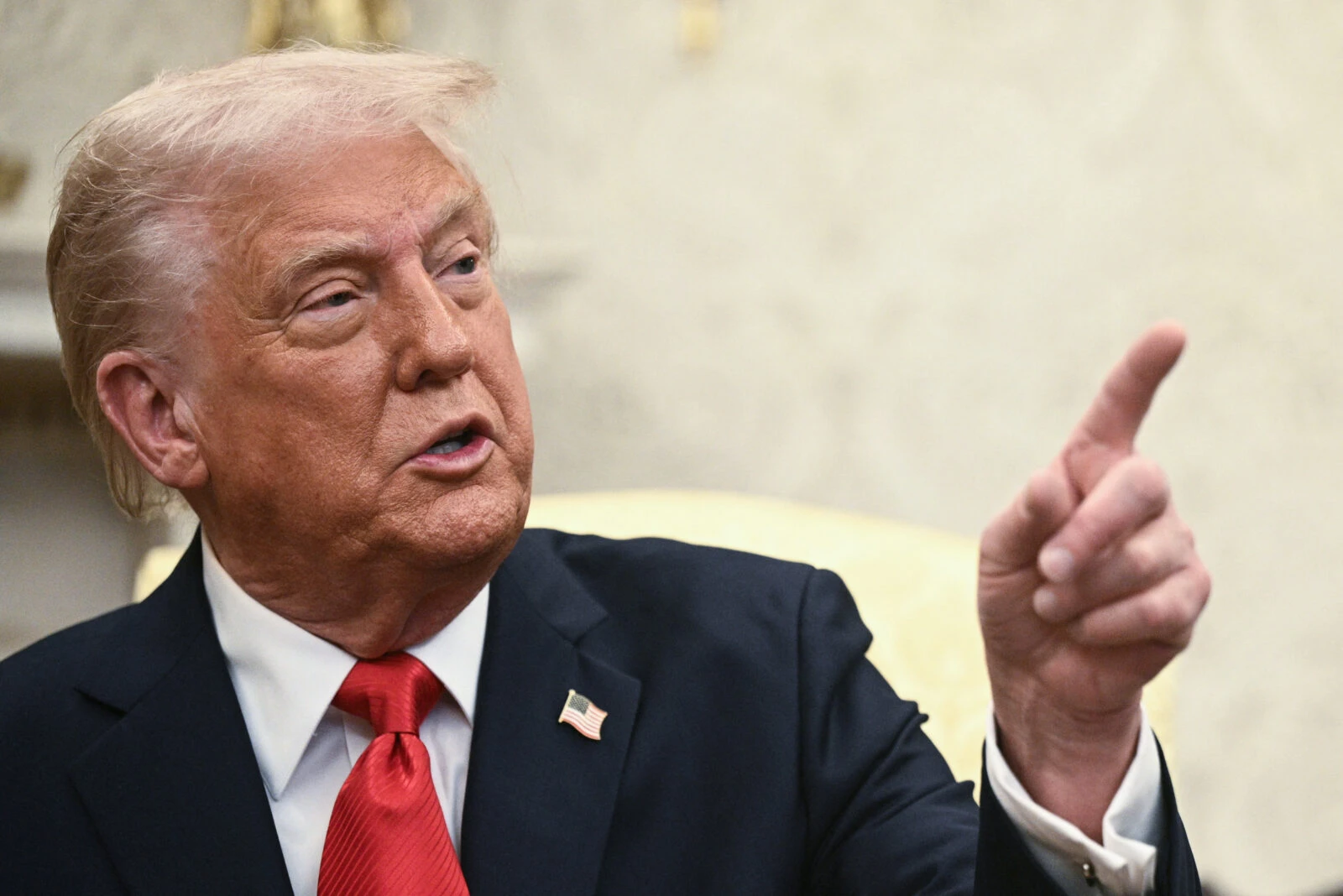
Economic impact of US sanctions
Under Trump’s maximum pressure campaign, the Iranian economy suffered greatly.
The local currency, the rial, plummeted against the dollar, reaching its highest-ever level of 1 million rials per dollar. By the time Trump returned to office, the rial had depreciated by around 30% in just a few months.
While the sanctions have crippled Iran’s economy, they did not convince Tehran to abandon its nuclear ambitions. In fact, Iran has continued to advance its nuclear program during this period, despite the hardships faced by the Iranian people.
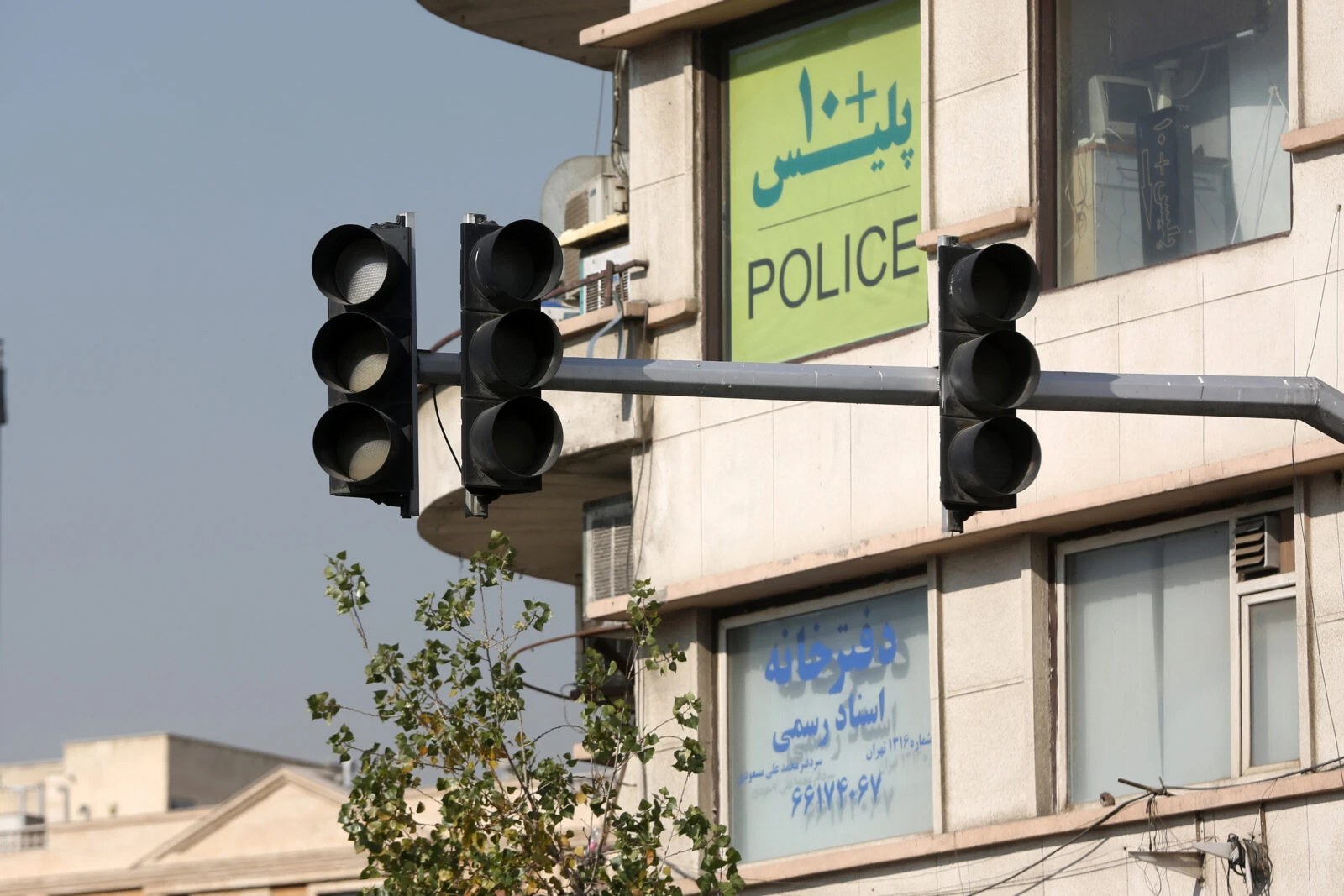
Washington sends letter, Iran responds
In March, Trump sent a letter to Iran’s Supreme Leader Ali Khamenei, calling for direct nuclear negotiations and warning of potential military action if Tehran refused.
Iran responded indirectly, saying they were ready for talks via Oman but would not engage under threats and pressure.
On April 12, the two sides held indirect talks in Oman, marking the highest-level nuclear discussions since the 2015 agreement. Both sides described the meeting as “positive and constructive” and announced a second round of talks scheduled for April 19.
Following the discussions, the value of the rial saw a significant rebound, dropping from over 1 million rials to 850,000 rials per dollar, reflecting public hope that the negotiations would have a positive outcome.
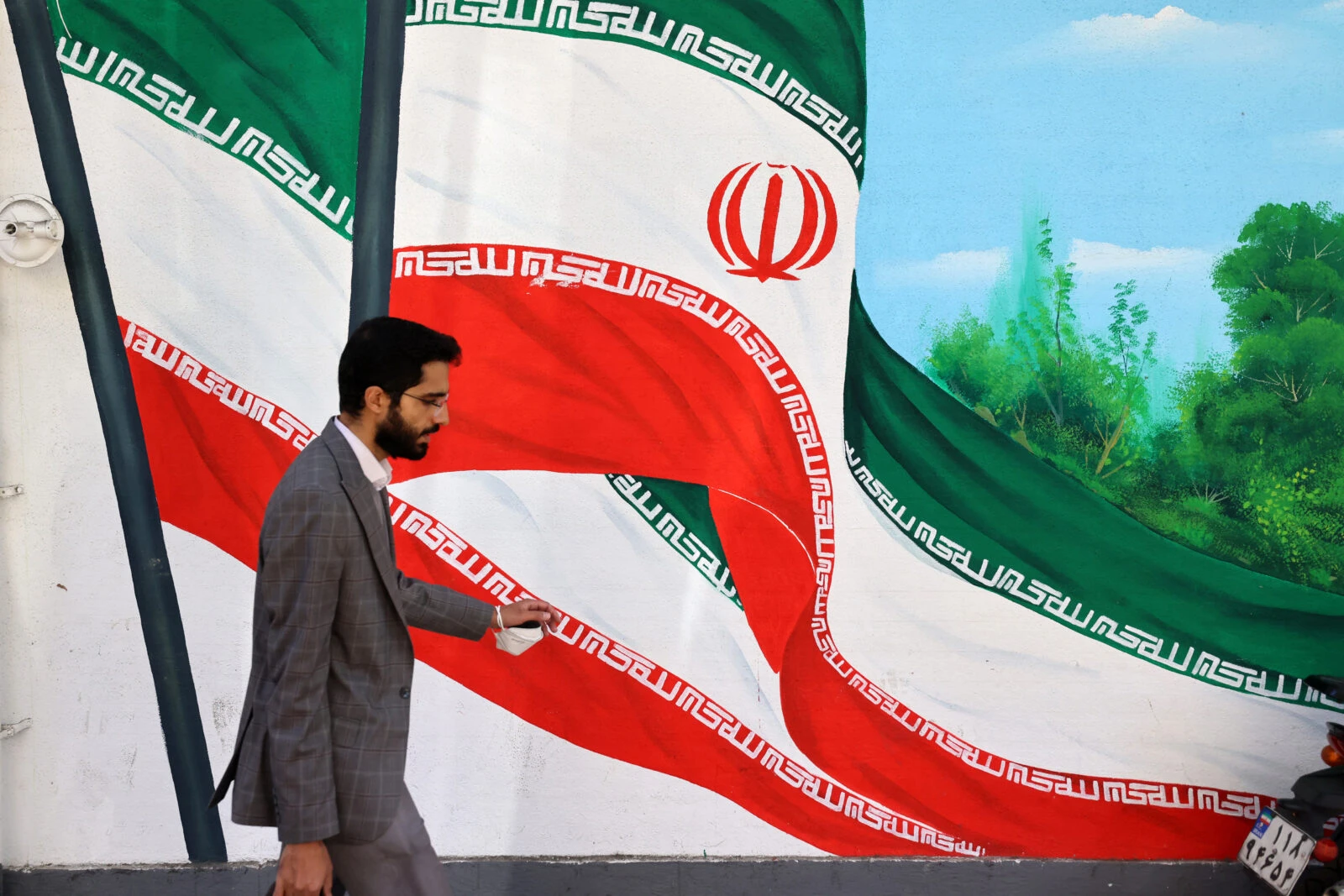
Public opinions on US nuclear talks
The Anadolu Agency team asked Tehran residents in some of the city’s busiest areas, including Enqelab Street and Vali-Asr Square, about their thoughts and expectations regarding the U.S. nuclear talks.
Economic pressure and flexibility
Ferid Sherifi, a businessman from Tehran, expressed that, given both regional developments and internal economic struggles, these negotiations are unavoidable.
He stated, “But the most important aspect is how the negotiations will progress and how much flexibility the parties will show. While Trump smiles, he is coming to the table with maximum pressure policies and maximum demands. If there is no flexibility, these talks will not lead to results.”
Sherifi believes that despite the pressures from the U.S., the Iranian public generally approaches the talks with optimism, but that optimism could quickly dissipate if the U.S. insists on harsh demands. “If both sides show willpower, the negotiations can be successful,” he added.

Desire for peace and stability
Arsalan Noruzi, a freelancer, emphasized that the Iranian people are not hostile toward the U.S. and only desire peace and stability. “We want peace and calm. We have a positive view of all countries in the world. Our expectation is for the talks to be successful. Peace, stability, and security are important,” Noruzi said.
He expressed frustration over the sanctions, noting that they have severely affected the economy and created inflationary pressures on the population.
He added that the country’s priority is not the nuclear program but the well-being of the people. “We do not have enmity towards America. Some people may burn the U.S. flag or insult, but we are a smart and understanding people who respect other nations,” Noruzi concluded.
Hope for relief from sanctions
Cinema student Fatma Taciki also expressed her desire for an agreement between the two countries, emphasizing the importance of lifting sanctions that hinder Iran’s ability to import necessary medicines.
She noted, “The removal of sanctions would directly reduce the cost of living in the country. However, I think the chance of an agreement is not very high,” Taciki said, citing the long-standing issues between Iran and the U.S.
Taciki urged Iranian officials to address the inflation issues and focus on improving the living conditions of the people. “I hope they work to solve the problem of high prices and pay attention to the people’s problems,” she said.
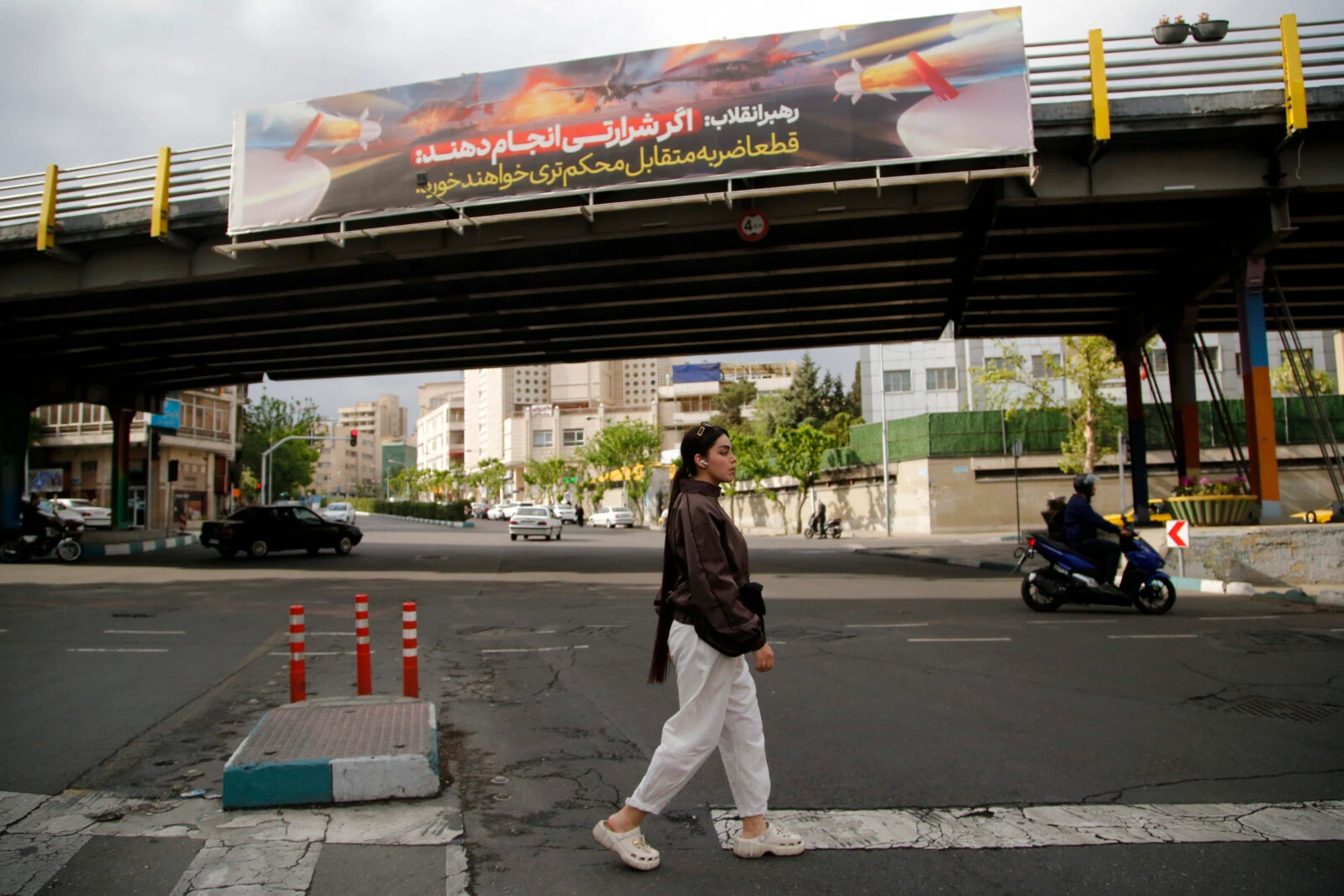
Call for focus on the people’s economic situation
Retired teacher Shehla Esedi also supported the negotiations, urging Iranian officials to take the economic hardships of the people into account.
“Iran’s side should work for a positive outcome by considering the people’s economic situation. This will hopefully improve the current dire conditions,” Esedi stated.
Esedi emphasized that the people of Iran do not want war but rather peace and stability, adding that this is what the majority of Iranians desire.
Public desire for better relations with US
Esfandiyar Kadiri, a shopkeeper, pointed out the country’s economic issues and said the people’s main priorities are peace and prosperity. “Everyone we ask thinks that relations with the U.S. should be improved, and there should be peace, because the people need peace,” Kadiri said.
He mentioned that while the prospect of an agreement is low due to Iran’s “hard stance,” he believes that an agreement would benefit both Iran and the U.S., given Iran’s vast natural resources and large market.


